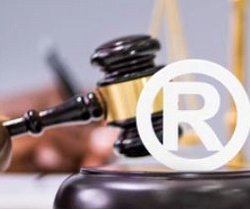IP Due Diligence: Issues in M&A Transactions
Traverse Legal Blog
NOVEMBER 16, 2021
A main focus in most M&A transactions involves conducting intellectual property (IP) due diligence, including patent due diligence in order to properly assess risk involved in the potential transaction. All too often these issues come up for the first time in due diligence.


















Let's personalize your content